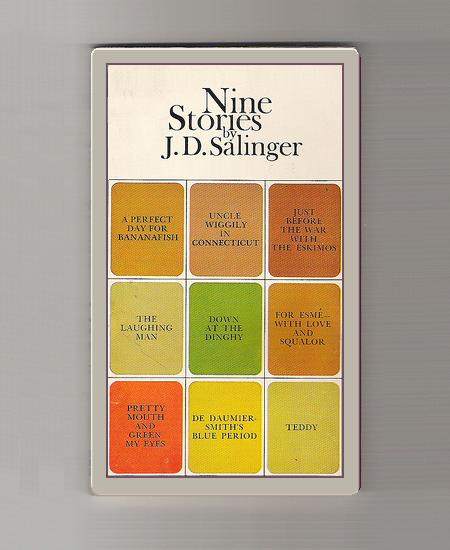The other day, while walking along 8th Street in Manhattan, I suddenly flashed on a memory from back when I was a teenager, spending my summers as a counselor at a performing arts camp.
In those days I didn’t get along all that well with kids my own age, so one summer I ended up spending most of my time with the Magician and the Clown, both of whom had been hired by the camp that year as an experiment, a way to broaden its offerings.
The Magician was the oldest of our trio – probably around fifty, kind of short and a bit overweight, not at all handsome, and very very sad. I somehow got the sense that he had once wanted to be a famous magician, but that things just hadn’t really worked out for him.
He had the top hat and the black cape, and he could do all kinds of tricks. He knew all of the ins and outs of the magic rings and the disappearing silk handkerchiefs and the magical untying ropes. He had all of the component pieces, but I always sensed that he was merely going through the motions.
Toby the clown was a different story. Still in his late twenties, he had formerly worked at Ringling Brothers Barnum and Bailey Circus. At the time, this credential impressed me greatly. But as I spent time with him, I grew to doubt that he really wanted to be a clown. It seemed like something he had fallen into, mainly a vocation to occupy space and time until he understood who he really was.
The three of us had long conversations that were always deep and full of philosophical questions, punctuated by odd riffs of quirky humor – very different, I noticed, from the conversation of any of the people around us. In the evenings we would hang out in a bar in the little town near the performing arts camp and the two of them would buy me beers, since I was still under the legal drinking age.
I remember that one of our most intense discussions was about the 1976 movie “Robin and Marian”, a film all three of us loved madly. In this quirkly little film, Sean Connery plays a middle aged Robin of Locksley, who had run off to follow King Richard in the Crusades. By now the King has become a doddering old tyrant, and things have turned out badly. Robin is now back, twenty years on, older and sadder, afflicted by middle age and a bad back. He seeks out Maid Marian, played luminously by Audrey Hepburn, only to find that she had long ago given up on him and had retreated into a nunnery.
The film focuses on their very bittersweet reconciliation and tentative romance, two weary middle aged people trying to find each other again, in a world that does not quite fit their dreams, after twenty years of disappointment and disillusionment.
What we three all loved about it was the underlying philosophy: By resolutely portraying these two famous figures of myth as fragile, fallable humans, the film ends up celebrating their heroic spirit. The audience is reminded that we are all of us merely human, trying to do the best we can as we stumble through life. And that is why greatness even matters.
I remember the three of us – the kid, the magician and the clown – spending happy hours talking about this film, teasing apart its little details and secrets. But always in the the back of my mind I was aware of how my two companions were themselves displaced persons, living in a world that did not quite fit their dreams.
And so I spent one of my happiest summers in the company of two slightly lost and bewildered travelers: A clown who had not yet arrived at his life’s true station, and a magician who seemed to have missed his station entirely.

